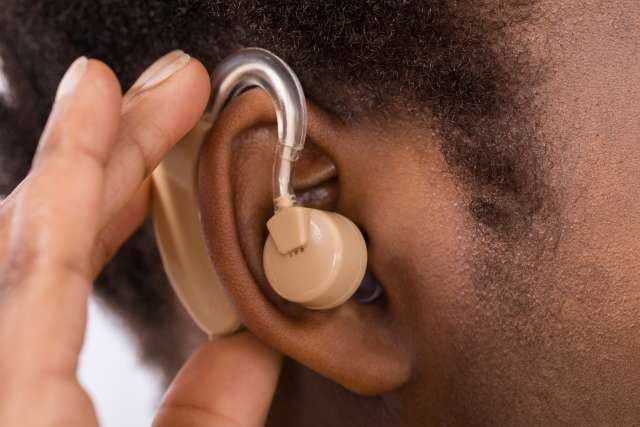Dear Doctors: News reports are saying that researchers have figured out how stress causes a heart attack, and that it all starts in the brain. I’ve already quit smoking, I exercise, and have switched to a healthy diet. But how am I going to control my brain?
The physical connection between the mind and the heart is something that, even in the absence of scientific data, humans have long intuited. Just take a look at the language. Feelings and events can be heartbreaking, heart stopping, and heart rending. The guy everyone’s crushing on is a heartthrob. When it doesn’t work out, your heart aches.
Now a paper published in The Lancet offers scientific proof of what everyone from Shakespeare to Beyonce has been saying all along – emotional stress directly affects the heart.
Drawing from two studies, researchers found that when people had high levels of activity in the amygdala, which is the region of the brain that telegraphs emotions like fear, stress, and dread, they were more likely to develop heart disease. Participants with a hyperactive amygdala had more inflammation in their arteries, and the region of their bone marrow that creates red blood cells was more active.
Cardiovascular disease is the leading cause of death among adults, not only in the U.S., but in the world. In 2013, one-third of recorded deaths in the U.S. were due to cardiovascular disease. All of which makes managing the mind-heart connection all the more vital.
But how? You can begin right now by taking a slow, deep breath. If that felt pretty good, try it again. Now, let’s talk about stress reduction techniques.
Fortunately, with the advent of wellness programs in many workplaces, stress management is now taken seriously. Instruction begins with the basics – no smoking, limit caffeine, drink less alcohol, cut down on screen time, get more sleep, take time to exercise, and eat a balanced diet. If you recognize any of your own behaviors in that list, consider making a change.
Thanks to the mainstreaming of practices like meditation, tai chi and yoga, all of which have been proven to measurably reduce stress when practiced regularly, groups and classes are available practically everywhere. Whether it’s at your gym, a community center, a senior citizens center, or even on YouTube, there’s a class that’s right for you. When it comes to exercise, don’t forget about oldies but goodies like a brisk walk or a gentle jog. You’ll burn off some steam, work up some endorphins and quite likely feel refreshed.
And don’t forget about fun. In a task-oriented world that has become fixated on success and results, doing something for the simple enjoyment of it has somehow fallen out of favor. In the same vein, reaching out to friends and family – in person, not via text or Facebook – can help you feel less stressed. Research shows that isolation is as toxic as some diseases, and the therapy can be as simple as a “hello."
Eve Glazier, MD., MBA, and Elizabeth Ko, MD., are internists at UCLA Health. Dr. Glazier is an associate professor of medicine; Dr. Ko is an assistant professor of medicine.
Ask the Doctors is a syndicated column first published by UExpress syndicate.





